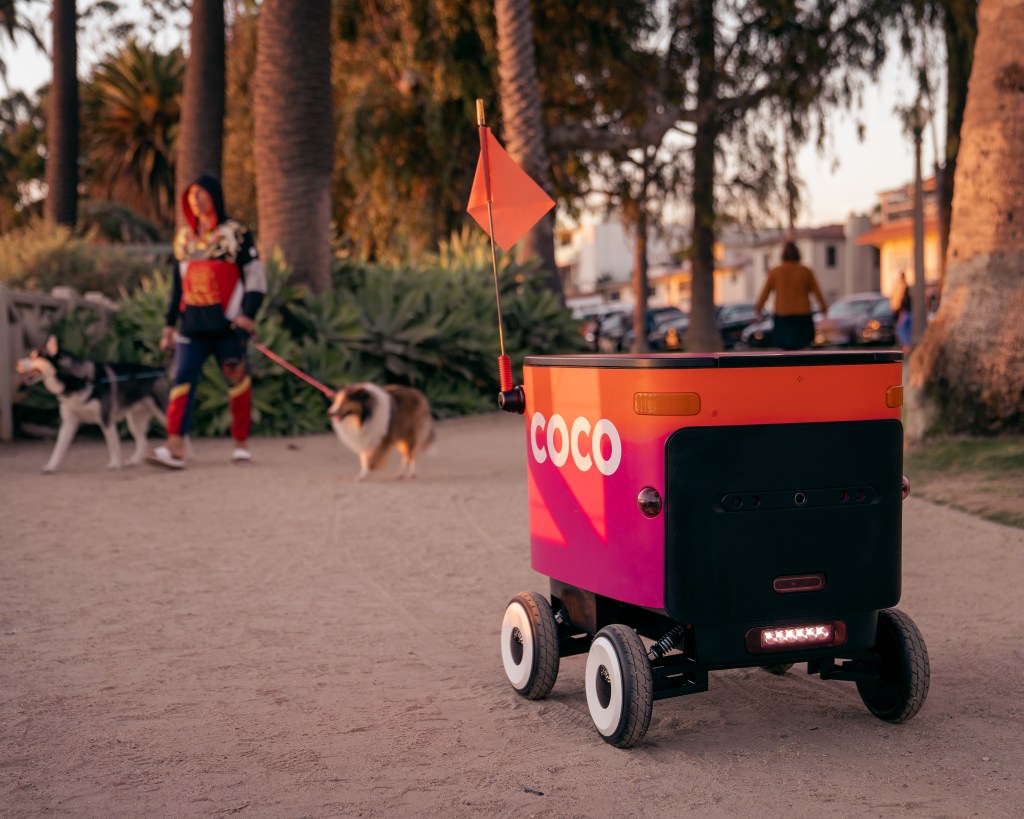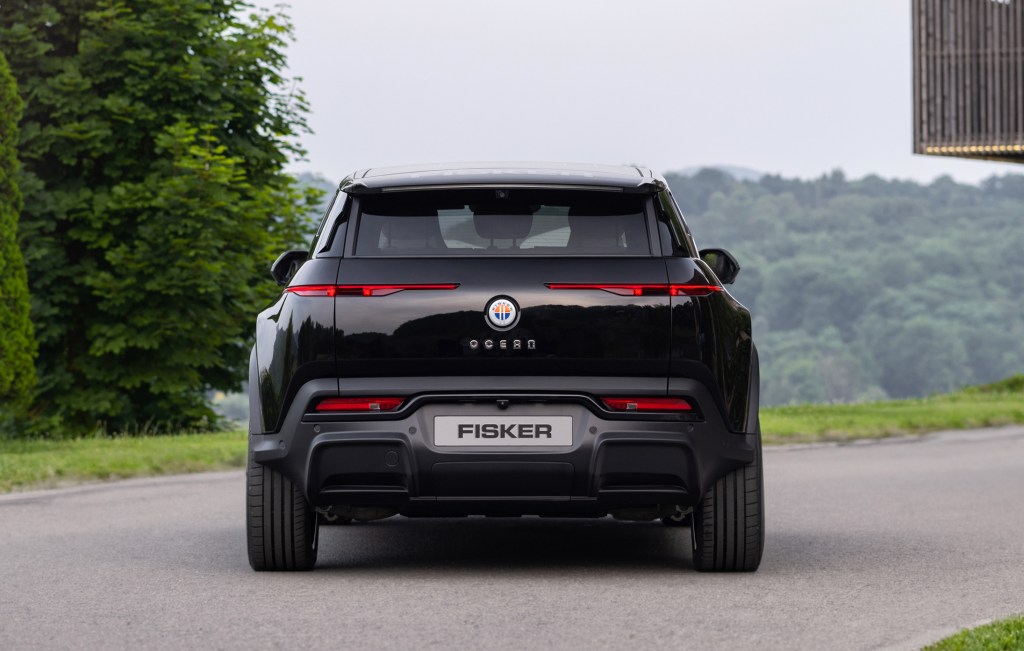Coco Robotics, a Los Angeles-based startup renowned for its fleet of last-mile delivery robots, has announced the establishment of a new physical AI research laboratory. This initiative is spearheaded by Professor Bolei Zhou from the University of California, Los Angeles (UCLA), who has also been appointed as the company’s Chief AI Scientist.
Since its inception in 2020, Coco Robotics has been at the forefront of integrating autonomous technology into urban delivery systems. Initially, the company employed teleoperators to assist robots in navigating complex urban environments. However, the long-term vision has always been to achieve full autonomy, thereby reducing delivery costs and enhancing efficiency.
Over the past five years, Coco’s robots have traversed millions of miles in intricate urban settings, amassing a vast repository of data. This extensive dataset is invaluable for training robust and reliable real-world AI systems. With this wealth of information, the company is poised to accelerate research in physical AI.
The decision to bring Professor Zhou on board was strategic. His research in computer vision and robotics, particularly focusing on micromobility, aligns seamlessly with Coco’s objectives. Both Coco’s co-founders, Zach Rash and Brad Squicciarini, are UCLA alumni and have previously collaborated with Zhou, even donating one of their robots to his research lab.
Zhou’s expertise in robot navigation and reinforcement learning is expected to be instrumental in advancing Coco’s autonomous capabilities. He has already begun assembling a team of top-tier researchers to propel the company’s AI initiatives forward.
It’s noteworthy that this new research lab operates independently of Coco’s existing collaboration with OpenAI. While the partnership with OpenAI allows Coco to utilize advanced AI models and provides OpenAI access to real-world data collected by Coco’s robots, the new lab is dedicated to internal research and development.
The primary goal of the lab is to enhance automation and efficiency, focusing on refining the local models that Coco’s robots operate on. Additionally, the company plans to share relevant research findings with the cities they operate in, aiming to address infrastructure challenges that impede robot navigation.
Success for this lab is envisioned as delivering a higher-quality service at a significantly reduced cost. By lowering operational expenses, Coco aims to make its services more affordable for businesses and consumers, thereby fostering growth in the urban delivery ecosystem.



